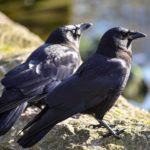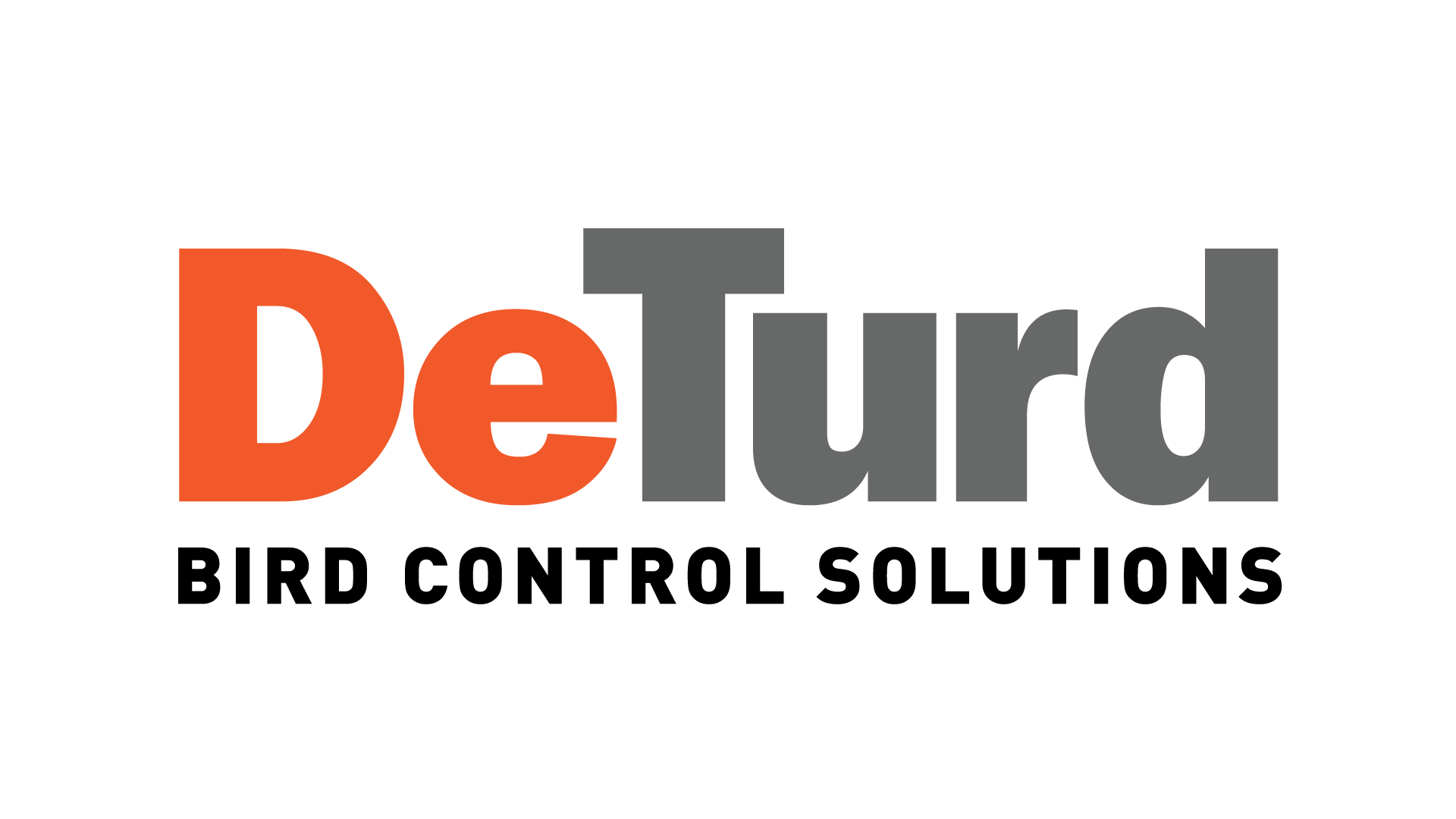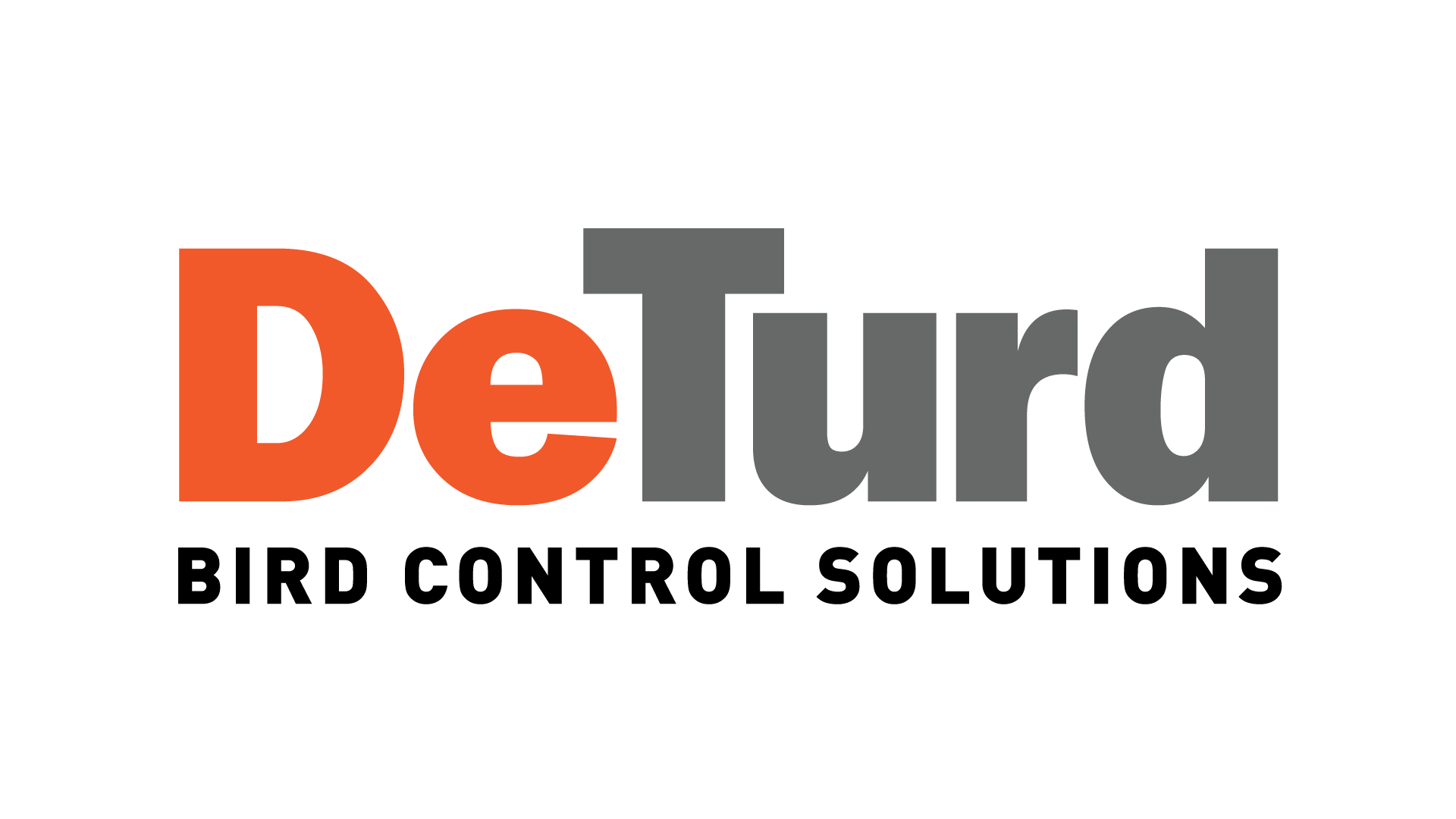Recommended Actions and Methods for Bird Control - Conflict Prevention
We take the humane treatment of all wildlife seriously and adhere to the Wildlife Act – BC Laws. Property owners or managers can expect to encounter individuals who will philosophically take exception to these legal provisions and way they are applied to resolving wildlife conflicts and providing both human safety and health, while ensuring the needs of wildlife species are both acknowledged and fully protected according to federal and provincial laws.
We agree with the recommendations listed by the BCPSCA:
“Where birds have already become an issue, use mild humane harassment techniques like bird wires, bird spikes, predator decoys (e.g. owls, hawks), reflective strips, sound deterrents.”
We also highly discourage intentional or accidental feeding since this can be harmful and attract more birds. As the BCSPCA suggests:
“Maintain urban and residential structures: block access to ledges, vents, soffits, window sills and rafters; use door curtains to prevent birds flying into buildings; use strong, well-maintained nettings to prevent access to certain areas.”

ADHERING TO WILDLIFE ACT - BC Laws
All birds are considered wildlife and are afforded full protection under the BC Wildlife Act. A person commits an offence if the person except as provided by regulation or by an issued permit, possesses, takes, injures, molests or destroys a bird or its eggs. However, under the Wildlife Act Designation and Exemption Regulation 253/2000 Schedule C, point 2, the following species of birds and their nests or eggs can be destroyed without a permit: crows (except common ravens), black-billed magpies, European starlings, house sparrows, rock doves and brown-headed cowbirds.
Wildlife Act - BC Laws, Section 34: Birds, nests and eggs
34 A person commits an offence if the person, except as provided by regulation, possesses, takes, injures, molests or destroys
(a) a bird or its egg,
(b) the nest of an eagle, peregrine falcon, gyrfalcon, osprey, heron or burrowing owl, or
(c) the nest of a bird not referred to in paragraph (b) when the nest is occupied by a bird or its egg.
https://www.bclaws.gov.bc.ca/civix/document/id/complete/statreg/96488_01#section34
Exemption from Section 34 of the Wildlife Act for certain birds:
11.3 (1) A person is exempt from section 34 of the Wildlife Act with respect to possessing, taking, injuring, molesting or destroying a bird or its egg or a nest occupied by a bird or its egg if the bird is not designated as wildlife, a threatened species or an endangered species.
(2) Despite subsection (1), a person is exempt from section 34 of the Wildlife Act with respect to taking, injuring, molesting or destroying a bird or its egg or a nest occupied by a bird or its egg if the bird is listed in Schedule B or C.
[en. B.C. Reg. 253/2000, App. 2, s. 7; am. B.C. Regs. 132/2002, s. (a); 143/2022, s. 7.]
Designation and Exemption Regulation
https://www.bclaws.gov.bc.ca/civix/document/id/complete/statreg/13_168_90#section11.3
Schedule C
[sections 10 (1) (a), 11 (1), 4, 2 (1), 6 (1)]
[en. B.C. Reg. 253/2000, App. 2, s. 9.]
2 Birds of the following species or their nests or eggs:
(a) all species of the genus Corvus — crows, except Corvus corax — common raven;
(b) Pica pica — black-billed magpie;
(c) Sturnus vulgaris — European starling;
(d) Passer domesticus — house sparrow;
(e) Columbia livia – rock dove;
(f) Molothrus ater — brown-headed cowbird.
Wildlife Act — DESIGNATION AND EXEMPTION REGULATION
https://www.bclaws.gov.bc.ca/civix/document/id/loo66/loo66/168_90#schedules
In Conclusion:
There is indeed an ‘exemption’ for Crows as far as nests, removal, and permit requirements under Sec 34 of the BC Wildlife Act, which are applicable to most birds, i.e. Ravens, but not applicable in the same way as for species like Crows and domestic pigeons (Rock Doves). These ‘exempted’ species are referred to as Schedule “C” species as outlined in the Designation and Exemption Regulation BC Reg 168/90.
A summary of the Schedule “C” provisions is found in this post and on p. 11 of the BC Hunting and Trapping Regulations Synopsis in the section titled, “What is Wildlife”? You will note that the term “wildlife” is italicized because it is used as a legal definition that you can explore in the BC Wildlife Act, Part 1, Sec 1 Definitions, and Interpretation. That is the background and authority for the following advice.
Crows, the birds themselves, and their nests and eggs (including the dependent young that may be found in the nest), are defined as Schedule “C” species, and are ‘exempted from permit requirements (the Permit Regulation BC Reg 253/2000), as far as destroying the nests, eggs and humanely euthanizing or otherwise dealing with the adult birds and dependent young that may be found in the nest. The BC Wildlife Act and Regulations provide the authority for doing things to and for wildlife and the Cruelty to Animals Act, Sec 445.(1)(a), a federal Criminal Code of Canada provision regulates the humane treatment of species (both wildlife and domestics). All activities must be always carried out both lawfully and humanely.
The simple answer is that the nest(s) may be destroyed at any time up until the eggs hatch.
Why Trust DeTurd Bird Control?
- Expert Care: Years of experience solving pigeon problems for businesses just like yours.
- Humane Solutions: We protect both your property and the pigeons.
- Ongoing Prevention: We recommend and install tailored deterrents to keep pigeons away in the long term.
Still wondering how to handle your pigeon or bird problem? Contact us at DeTurd Bird Control today for humane, professional, and effective pigeon control solutions in the Greater Vancouver area.

